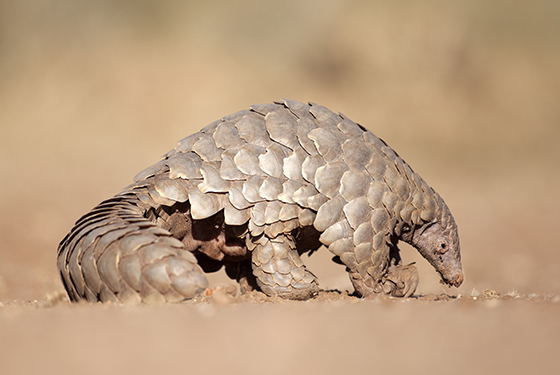
The Mbam and Djerem National Park boasts the greatest diversity of habitats of any protected area in Cameroon. Considered a stronghold for pangolins, the park is home to three species (Smutsia gigantea, Phataginus tricuspis et Phataginus tetradactyla).
However, the park is classified as an area of special concern for their conservation. Heavily hunted for their scales, meat and protein, pangolins are threatened with extinction due to over-exploitation.
With the park's wildlife in imminent danger of extinction due to community pressure on ecosystems, urgent action is needed to remedy the situation. The project in the park aims to raise awareness among local communities of the importance of the site as a biodiversity sanctuary, and to get them involved in protecting the park's species. Reducing the pressure on the forest and its resources by offering alternative livelihoods to illegal and unsustainable logging is at the heart of the project.








